
Foreign diplomats from various countries in Kenya enjoy a dance show by the Maasai people at the Nairobi Terminus of the Mombasa-Nairobi Railway in Nairobi, Kenya, on Friday. WU XIAOHUI/CHINA DAILY
Line proof of BRI's major role in African development and boon for passengers
Diplomats in Kenya have given the thumbs-up on their tour to the new Standard Gauge Railway in the country.
The envoys from 13 countries made stops at key SGR facilities before boarding a train bound for the port city of Mombasa on Friday.
The tour was part of the railway's sixth anniversary and a celebration of 60 years of diplomatic relations between Kenya and China.
Russia's Ambassador to Kenya, Dmitry Maksimychev, said the SGR is evidence that the Belt and Road Initiative is playing a major role in transit-oriented development in Africa.
"We are happy to see what bilateral cooperation can do to support development, and the Kenyan Standard Gauge Railway is a good example of what mutual cooperation can achieve," Maksimychev said.
Tobias Otieno, dispatcher with Kenya Railways Corporation, said the SGR has had a recognizable economic impact in the country and in East Africa.
"Our Chinese counterparts are still assisting Kenya Railways in operating some functions with the SGR line that is serving the northern corridor route in freight and passenger transport."
The SGR was commissioned in May 2017 as the first phase of the project, with the second phase, Nairobi to Naivasha, being completed four years ago.
The 592-kilometer track has carried 11.16 million passengers, Otieno said.
"The highest number of passengers transported in a single day has exceeded 10,000, while the punctuality rate has been as high as 99.9 percent."
Since the SGR has been in operation about 2.4 million standard containers and another 28.6 million metric tons of goods have been transported using the system, he added.
Maimunah Mohd Sharif, executive director of UN-Habitat, said: " (The SGR increased) the accessibility of people from Nairobi to Mombasa. It is also being an alternative green transportation for Kenya.
"Hopefully, it is also connecting people from Nairobi to the smaller towns outside Nairobi."
South Africa's High Commissioner to Kenya, Mninwa Mahlangu, said: "I think the development of the SGR is quite a progressive one. It actually caters to the needs of the people, not just in terms of people traveling, but also cargo issues."
Monument of friendship
The tour by the diplomats started with a visit to the Dispatch Centre, the nerve center of the SGR operation, and there was a stop at a monument in Nairobi celebrating Sino-Kenyan friendship, before the party boarded the afternoon passenger train to Mombasa.
Iran's Ambassador to Kenya, Jafar Barmaki, said he has been to Mombasa several times, earlier by air or road. He enjoyed his first ride on the SGR, he said.
"As developing countries we need to work together. The SGR is South-South Cooperation. It is very important whatever we have to share with each other in technology and experiences."
A former deputy chairman of the African Union Commission, Erastus Mwencha, who is also a member of the Advisory Council of the Belt and Road Forum for International Cooperation, said: "We have also seen the progress that has been made in the last 10 years. If you look at this year itself, it's wonderful statistics that speak for themselves."
The 592-km track runs from Mombasa to Nairobi, before terminating in the Rift Valley town of Naivasha at Suswa.
The construction of the first phase, comprising 472 km and running from Mombasa to Nairobi, began in December 2014 and was completed two and half years later, ahead of schedule, and was opened in May 2017.
Construction of Phase 2A, from Nairobi to Naivasha, covering 120 km, began in October 2016 and was completed three years later.








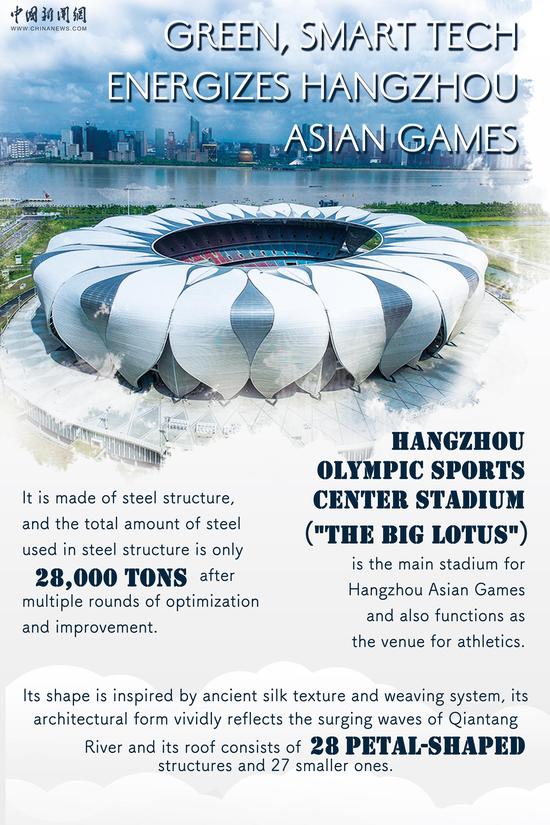
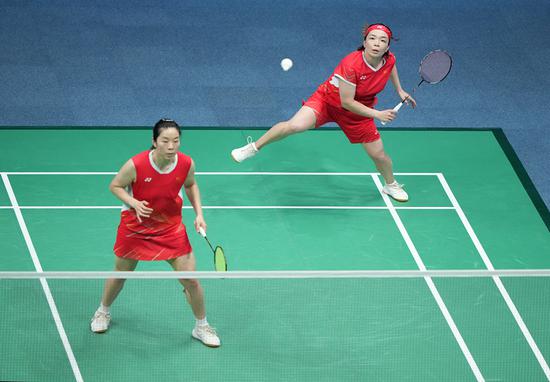
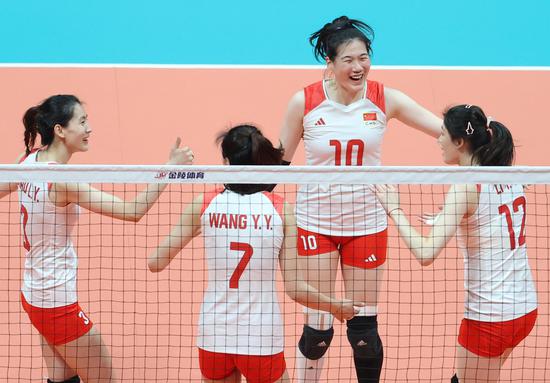
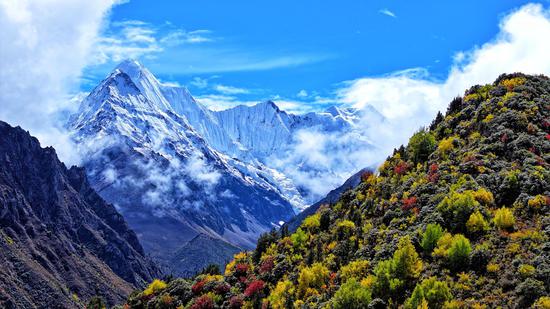
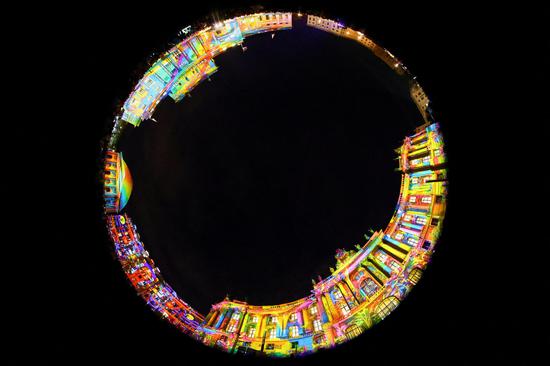
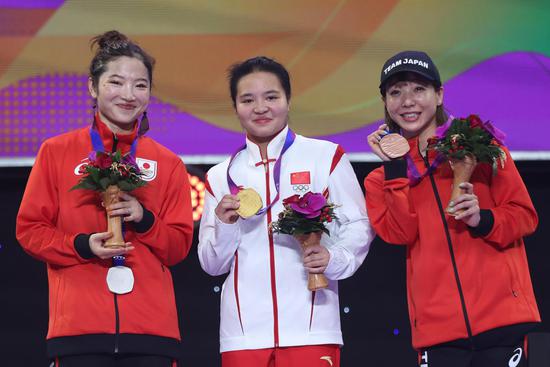
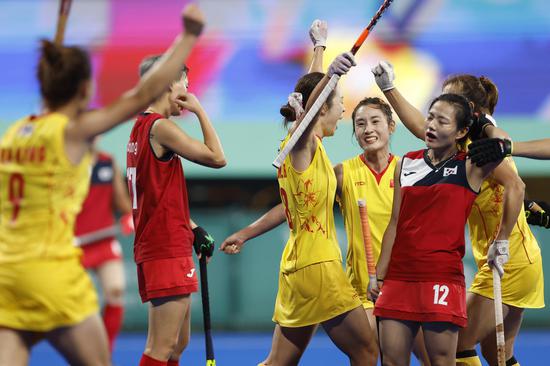

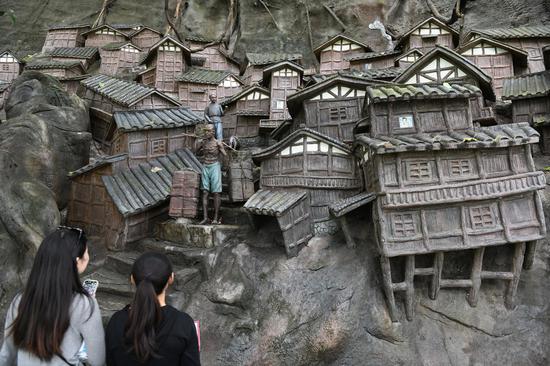
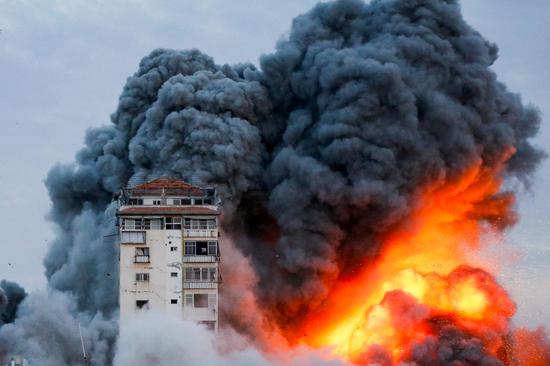
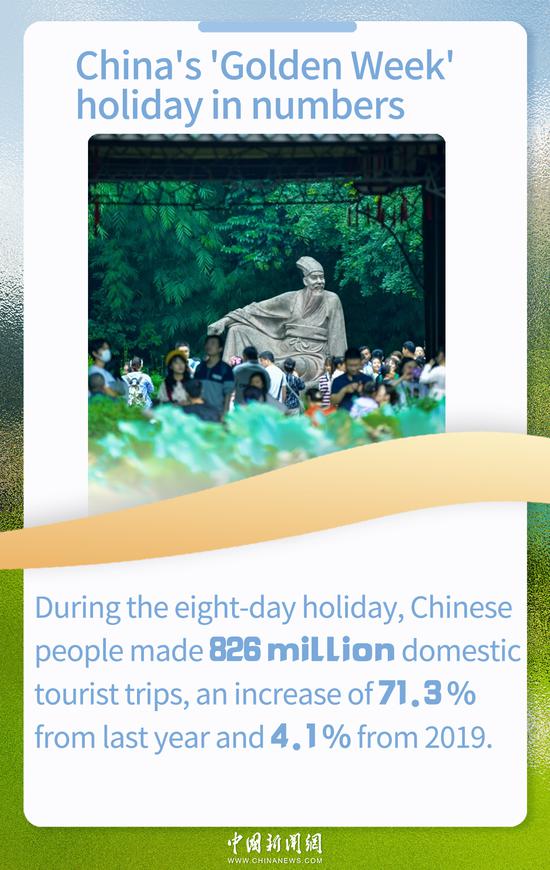
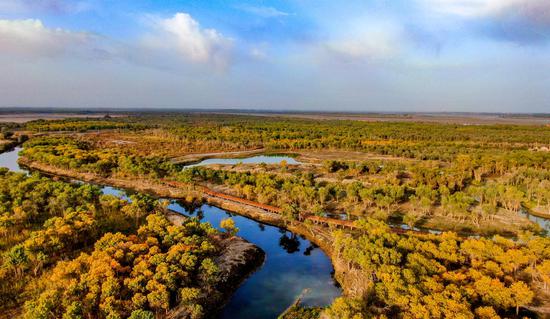

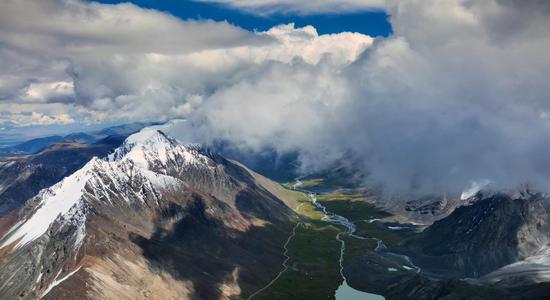
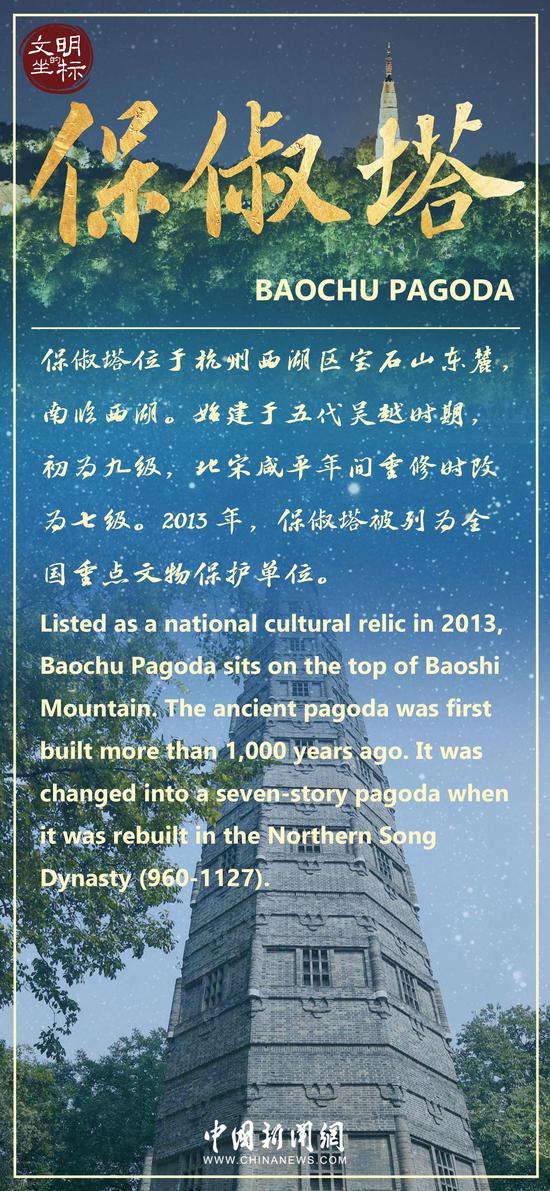
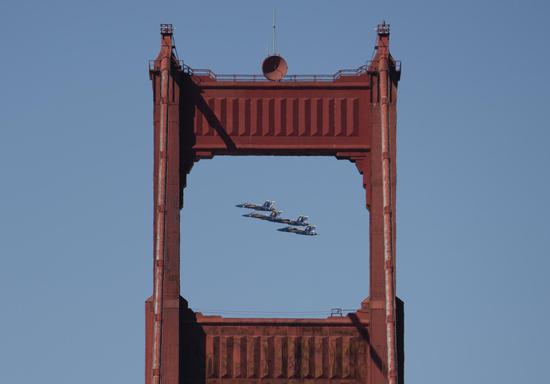
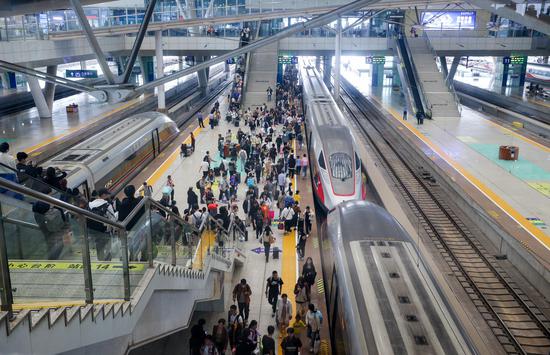
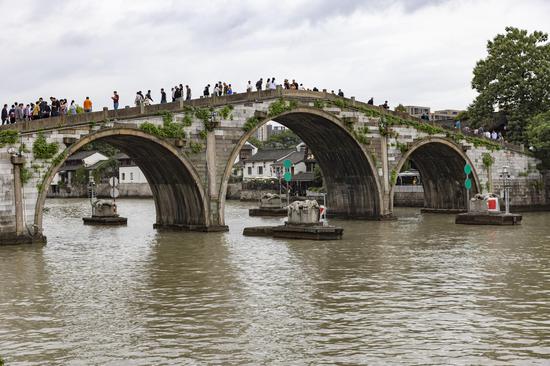
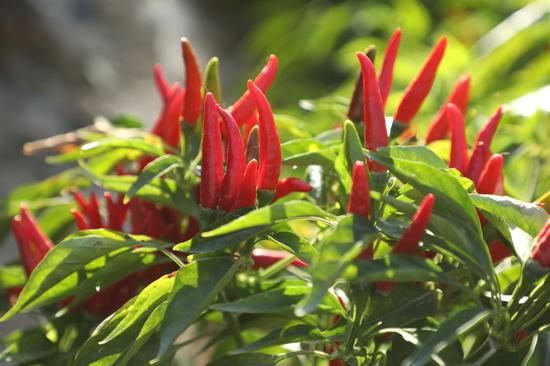
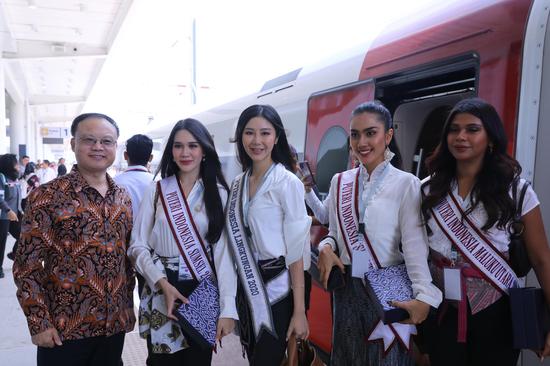

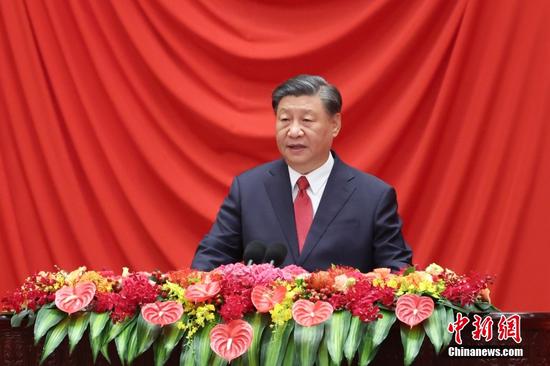
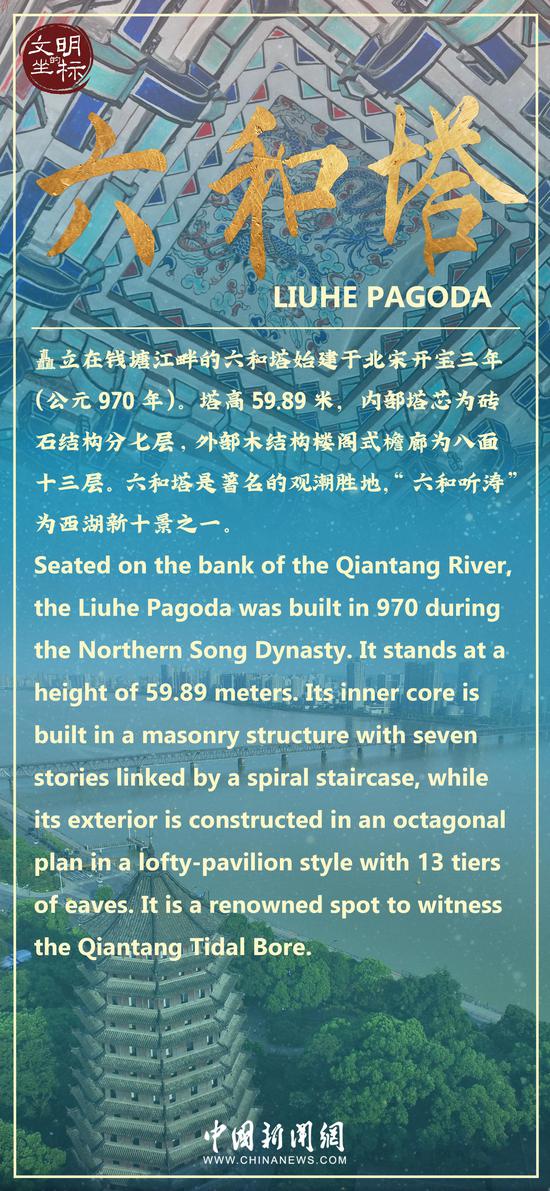
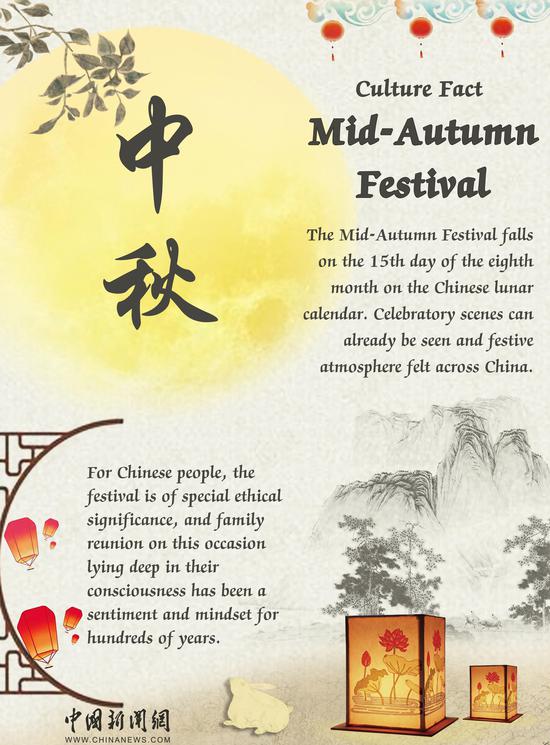
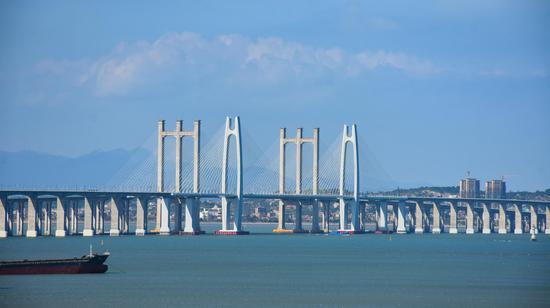
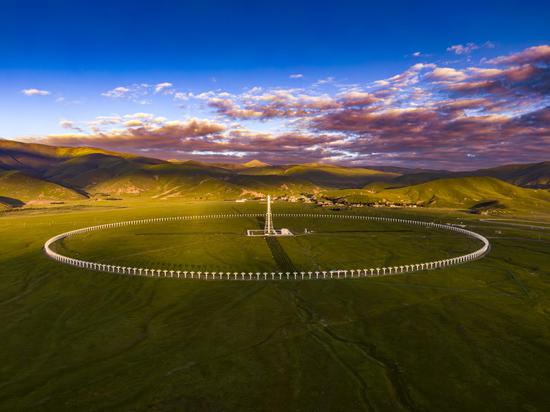

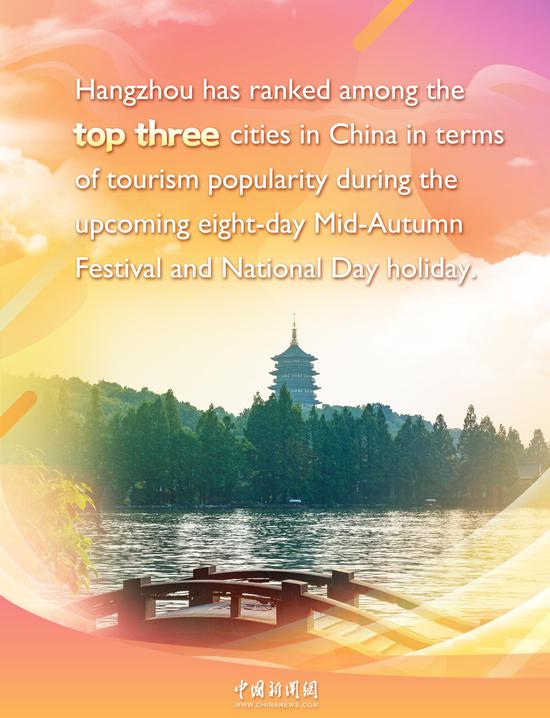
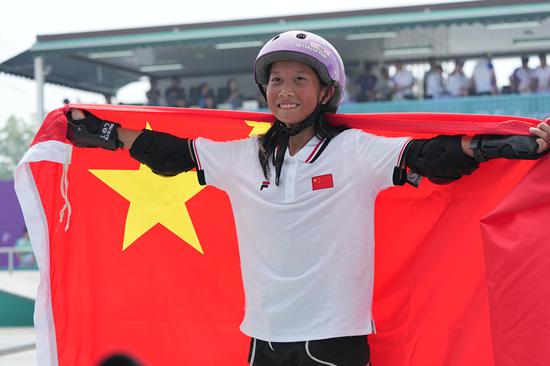

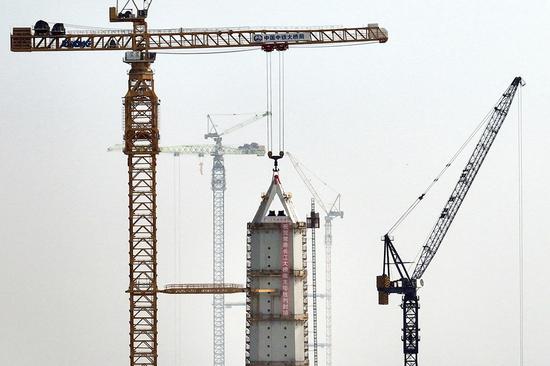
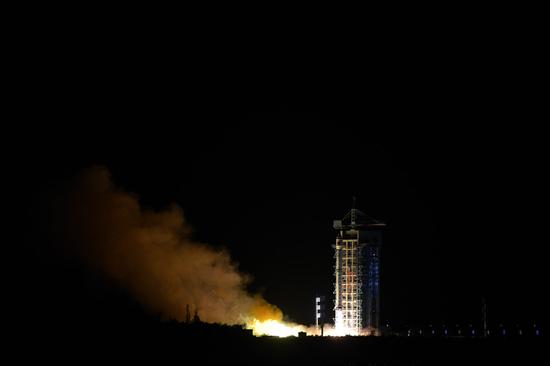
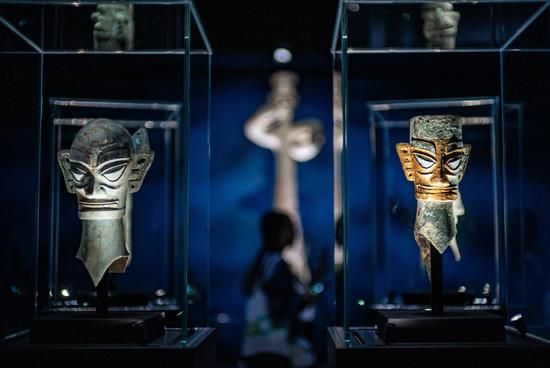
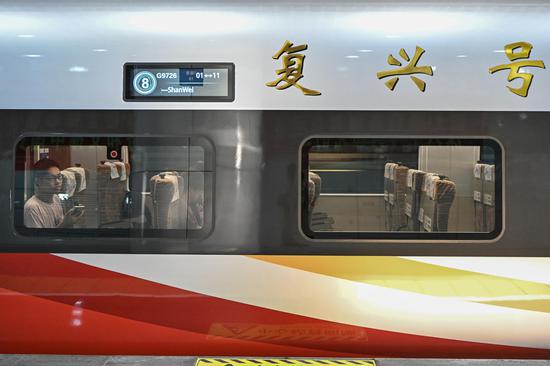


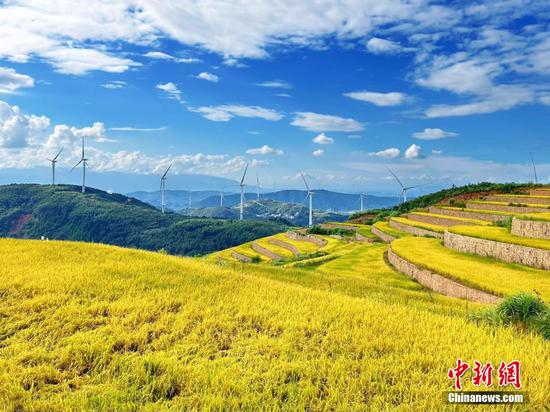





 京公网安备 11010202009201号
京公网安备 11010202009201号